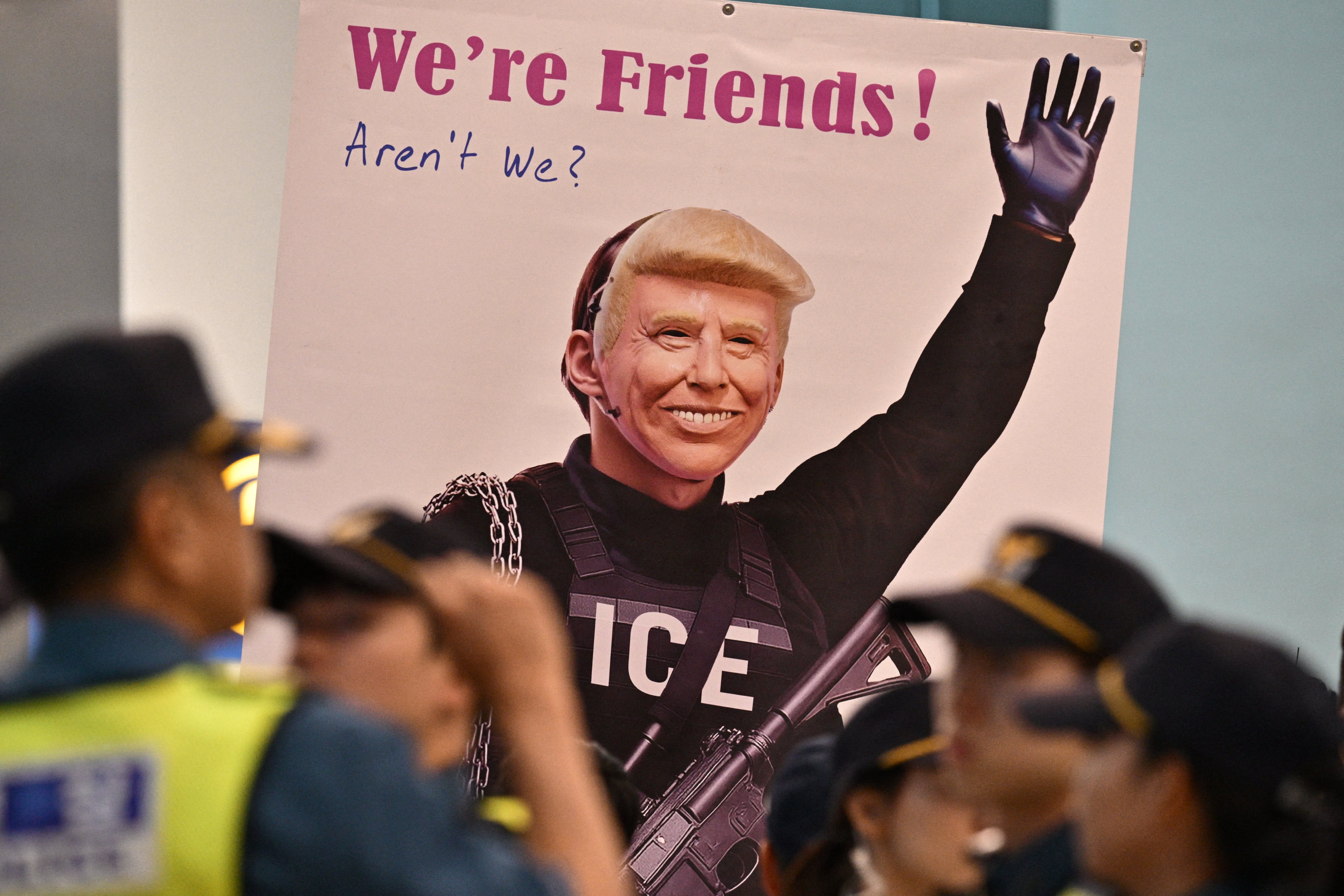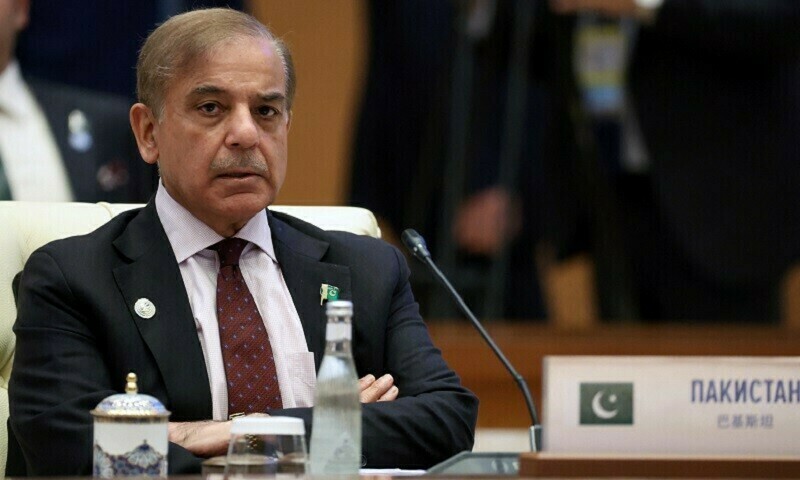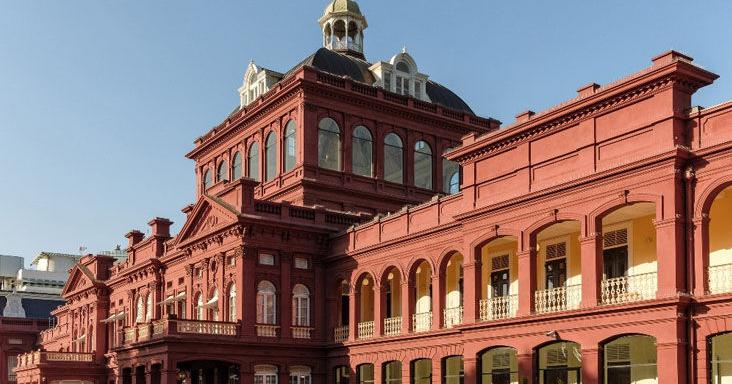Trump administration in damage-control mode after Hyundai immigration raid sparks investment concerns
By Dylan Butts
Copyright cnbc

Besides Washington’s reconciliatory statements, Landau also said in a post on X that the U.S. State Department “will ensure that [the South Koreans] have the necessary and proper visas to comply with our laws.”
South Korean state media reported that Washington has agreed to establish a new “visa working group” for the country, with discussions said to include Seoul’s desire for a separate U.S. visa quota for its workers.
Currently, the U.S. allows employers to temporarily hire foreign workers in “specialty occupations” under its H-1B visa program, but the system is highly selective due to an annual cap and a lottery system.
A South Korean presidential spokesperson also told local media on Monday that Seoul is conducting a more thorough review to determine whether any human rights violations had occurred during U.S. immigration enforcement at the Georgia battery plant.
U.S. government officials said that hundreds of the workers detained at the facility had been staying in the country illegally.
Experts have told CNBC that the immigration actions — the single largest enforcement operation in the U.S. Department of Homeland Security’s history — could lead to other foreign businesses reassessing their workforces in the U.S.
LG Energy Solution told CNBC last week that the commencement of the Georgia EV battery plant had been postponed from 2025 to 2026. However, the company claimed that the decision was not related to the recent incident but rather to external factors, including overall market conditions.
Many other South Korean tech giants have been investing billions into facilities in the U.S. as part of reshoring efforts, including semiconductor companies Samsung Electronics and SK Hynix.
South Korean President Lee Jae Myung has called the raid “bewildering,” adding that it would discourage future investment into the U.S.



